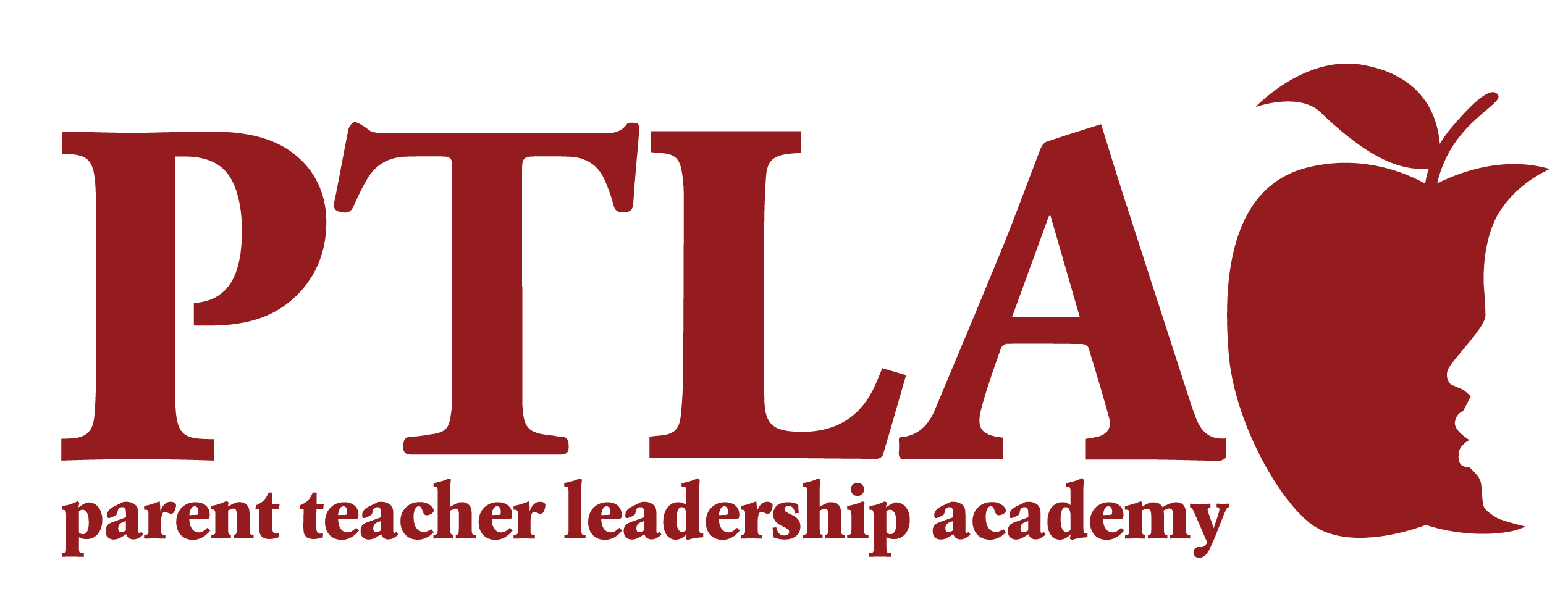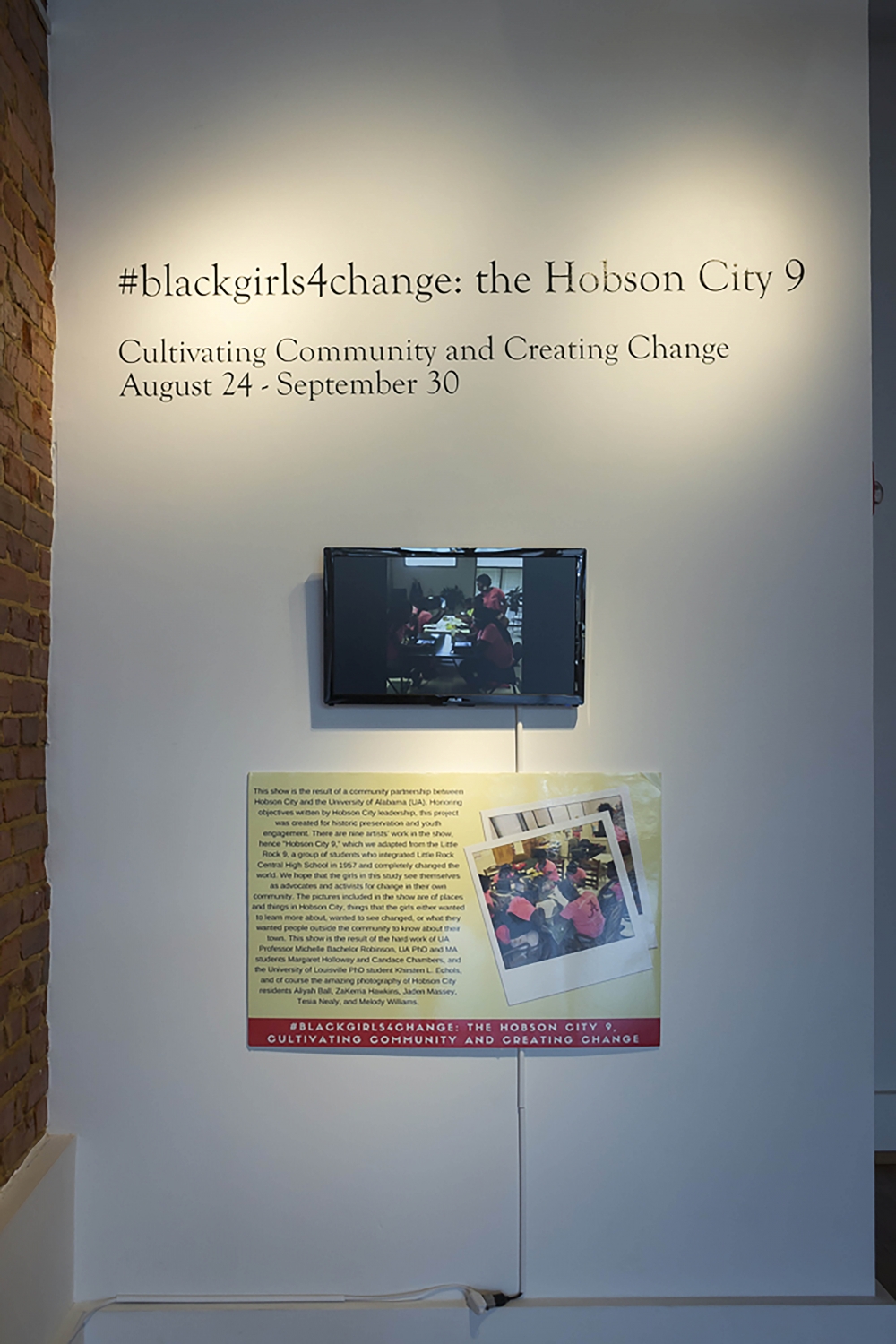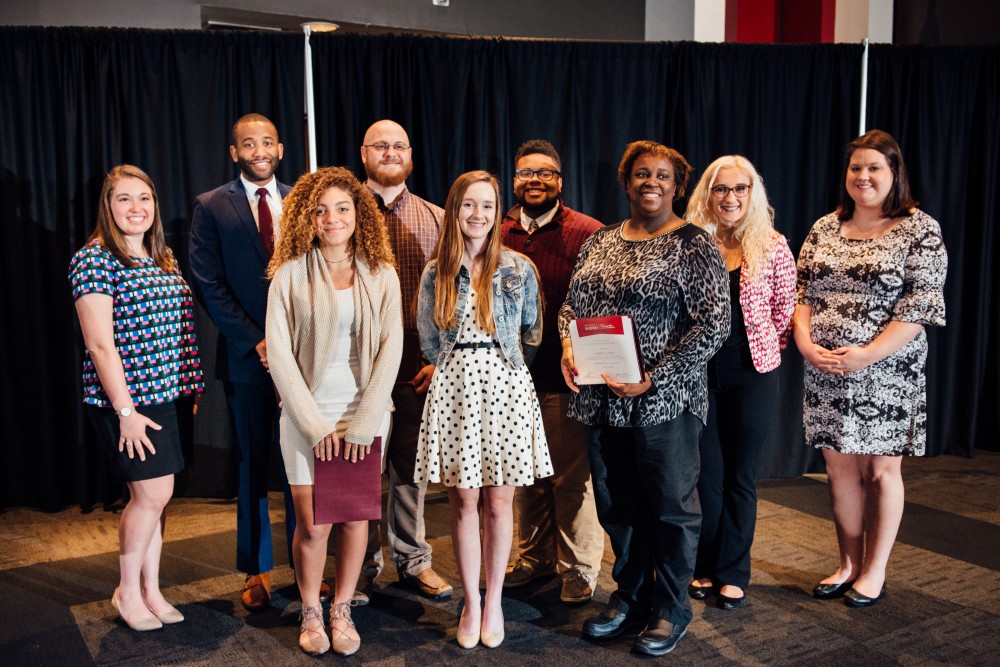SCOPE Showcase Highlights Undergraduate and Graduate Student Research
- May 29th, 2018
- in CCBP, Excellence in Community Engagement Awards, News, SCOPE
[envira-gallery id=”8117″]
By Kirsten J. Barnes
CCBP Graduate Assistant
Scholars for Community, Outreach, Partnership and Engagement, or SCOPE, held its annual Showcase of Community-Engaged Scholarship on April 18 in the Bryant Conference Center. The event highlights the activities of undergraduate and graduate members, along with their work in the area of engaged scholarship.
“The Showcase provides a well-supported way for members to showcase their research and to get feedback from faculty,” said SCOPE President Tera “CeeCee” Johnson, a master’s student in the clinical mental health program who has been a SCOPE member for five years. “The Showcase gives other students an opportunity to see their work and possibly collaborate on future projects.”
Throughout the year, students meet and learn about engagement scholarship initiatives that are already being undertaken by the University and ways to get involved as well as to participate in skills-based workshops on research methods, grant writing, completing Institutional Review Board applications, and more.
“As an undergraduate being able to see all of this research and see all of these projects has been really inspiring for someone like me who wants to go to graduate school,” said Lathram Berry, a junior from Nashville with a New College emphasis in community development and civic engagement. “Being a member of SCOPE has helped me start developing ideas about projects that I might want to work on in the future. It has benefited me professionally, but it also has taught me more about myself and my personal skills. So, it’s definitely more than an organization.”
This feeling seemed to permeate the group. “It’s amazing how many resources this university has for students,” said Kathryn Taylor, a sophomore from Niantic, Conn. majoring in communication studies. “SCOPE is a little bit more than just an organization to me; it’s showed me how easy it is to be able to change the world and to change your community. It pushes me professionally to become a better version of myself.”
Johnson, Taylor and Berry participated in a panel discussion along with Cory Key, a master’s student in the Rural Community Health Program, and Xiangyan “Sophia” Xiong, a master’s student in gender and race studies. During the discussion, the students elaborated on how SCOPE allowed them to create a network of support for their research areas.
“SCOPE has brought me real experience,” said Xiong, who is from China. “Sometime when you read too many books you think doing research is how to develop a theory; but here you can see the community needs and what you can do in practice to help people.”
Key is from Alabama’s Black Belt Region and wants to return to the area to practice medicine. When he connected with SCOPE he already was involved with two engagement programs at the University: Cooperative Agriculture for Minorities; and Agriculture, Science, Technology, Engineering and Mathematics.
“Every single workshop had something that I could take back and apply immediately,” said Key, who admitted he was hesitant to join the organization at first. “I wasn’t expecting SCOPE to connect me to with so many resources, especially in rural areas. Alabama and more specifically each presenter brought a wealth of knowledge and informed us about resources available and that solidified my decision to continue to work in rural health.
After the panel discussion, graduate students Daniela Susnara and Cecilia Ciaccia gave paper and digital presentations. This was followed by a poster session, which featured more than two dozen projects involving nearly 50 students.



